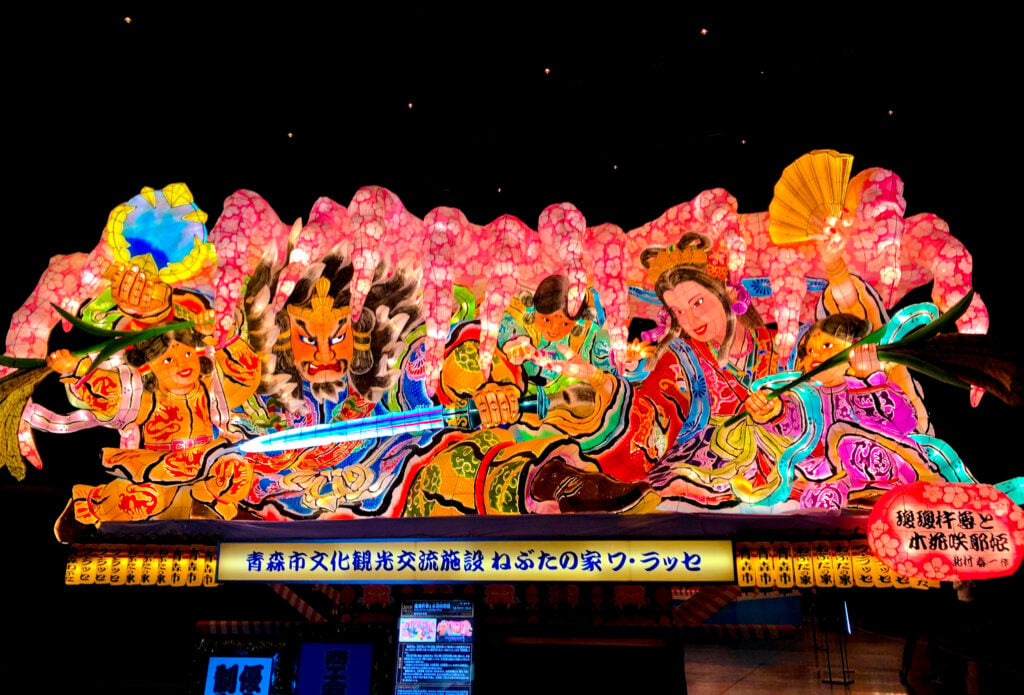We all feel under the weather sometimes. Whether you’re visiting on a trip or studying abroad in Japan, in the case you are feeling ill, it’s important to know how to take care of yourselves and communicate with a doctor. This post covers key phrases and vocabulary to describe how you’re feeling, certain conditions, symptoms, treatments, parts of the body, and more so that you can feel prepared if you get sick in Japan.
At the doctor’s office
Depending on how severe your condition is, you can decide between visiting a hospital (病院 byoin) or clinic (クリニック kurinikku). If you have mild symptoms, you can first visit a clinic. A quick search online will point to several clinics around your area. You can make an appointment (アポ apo) by asking アポを取れますか (apo o toremasuka?), or go directly to the clinic. At the doctor’s office, you’ll first have to check in with reception (受付 uketsuke) and they’ll ask you to fill out a medical questionnaire form (問診票 monshinhyou) and if applicable, for your health insurance (健康保険 kenkou hoken). Be sure to check with your school’s language program regarding your student health insurance, or if you are a tourist visiting Japan, consider getting foreign travel insurance from your own country in case an emergency occurs.
Some questions you should be prepared to answer from the doctor (お医者さん oishasan) or nurse (看護婦さん kangofusan) include:
どこがお悪いのですか (doko ga o-warui no desuka?): What kind of symptoms do you have?
どこが痛いですか (Doko ga itai desu ka?): Where do you have pain?
熱がありますか (Netsu ga arimasu ka?): Do you have fever?
For emergencies and more serious symptoms or unless recommended by a clinic, you can consider going to the hospital. However, in the case of a serious emergency and you should call the emergency hotline 119 and request and ambulance by saying 救急者を呼んでください (kyūkyūsha o yonde kudasai) “call an ambulance!” If you visit the hospital and require a second appointment, you will be given a medical card (診察券 shinsatsuken) you must bring back.
Vocabulary for the body
You can first start off by saying you generally don’t feel well: 気分が悪いです (kibungawaruidesu). To be more specific, it is helpful to know the following vocabulary for parts of the body, you can describe where you feel pain when combined with the phrase “it hurts” (〜がいたいです 〜ga itai desu). For example のどがいたいです (nodo ga itai desu) means “I have a sore throat” 頭がいたいです (atama ga itai desu) means “I have a headache” and お腹が痛いです (onaka ga itai desu) “I have a stomachache.”
こめかみ (komekami): temple
額 (hitai): forehead
頭 (atama): head
目 (me): eye
耳 (mimi): ear
歯茎 (haguki) or 歯肉 (shiniku): gums
歯 (ha): tooth
喉 (nodo) or 咽喉 (inkou): throat
肩 (kata): shoulder
手 (te): hand
指 (yubi): finger
腱 (ken): tendon
背中 (senaka): back
腰 (koshi): lower back, lumbar spine, waist
臓器 (zouki): internal organs
お腹 (onaka): stomach
肝 (kimo): liver
肺 (hai): lung
頬 (hoho): cheek(s)
心臓 (shinzou): heart
足 (ashi): foot
膝 (hiza): knee
Describing other symptoms
Sometimes you might not just be feeling pain, but have additional symptoms that will help medical professionals diagnose you.
病気 (byouki): illness
風邪 (kaze): cold
風邪をひく(kaze wo hiku): to catch a cold
インフルエンザ (infuruenza): flu
精神病気 (seishin byouki): mental illness
アレルギ (arerugi): allergy
花粉症 (kanfunsho): hay fever
蕁麻疹 (jinmashin): hives
下痢 (geri): diarrhea
便秘 (benpi): constipation
かゆい (kayui): itchy
吐き気がします (hakike ga shimasu): I feel nauseous
めまいがします (memai ga shimasu): I’m dizzy
熱があります (netsu ga arimasu): I have a fever
せきがでます (seki ga demasu): I have a cough
Phrases for the pharmacy or drugstore
When sick in Japan, you can buy medicines in Japan either at a drugstore (ドラグストア duragusutoa) or a pharmacy (薬局 yakkyoku). Drugstores are places that typically sell everything from daily supplies to cosmetics and even food, while pharmacies sell medicine that require doctor’s prescription. Matsumoto Kiyoshi is a large drugstore chain in Japan, with multilingual staff. If you are directed to a pharmacy, you will likely be asked again to fill out a medical questionnaire. The general word for medicine is 薬 (kusuri). so you will notice that different types of medicines will still include that word.
処方箋 (shohousen): medical prescription
薬 (kusuri): medicine or drug
飲み薬 (nomigusuri): medicine that you drink
粉薬 (konagusuri): powdered medicine
塗り薬 (nurigusuri): topical medicine for the skin
咳止め (sekidome): cough syrup
痛み止め (itamidome): painkiller
We hope this vocabulary list gets you started on how to communicate any sickness or pain you might be feeling during your time in Japan. Bookmark or print out this list of vocabulary and phrases so you feel prepared to communicate with nurses, doctors, and other medical professionals if you end up feeling sick in Japan.
To learn more specific Japanese vocabulary, follow the Go! Go! Nihon blog.















